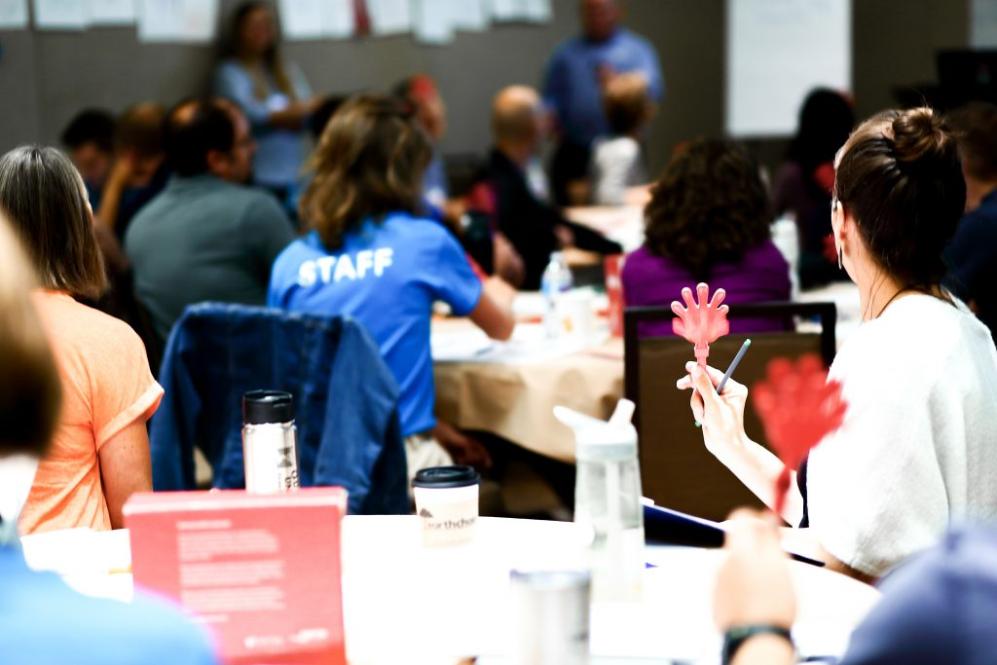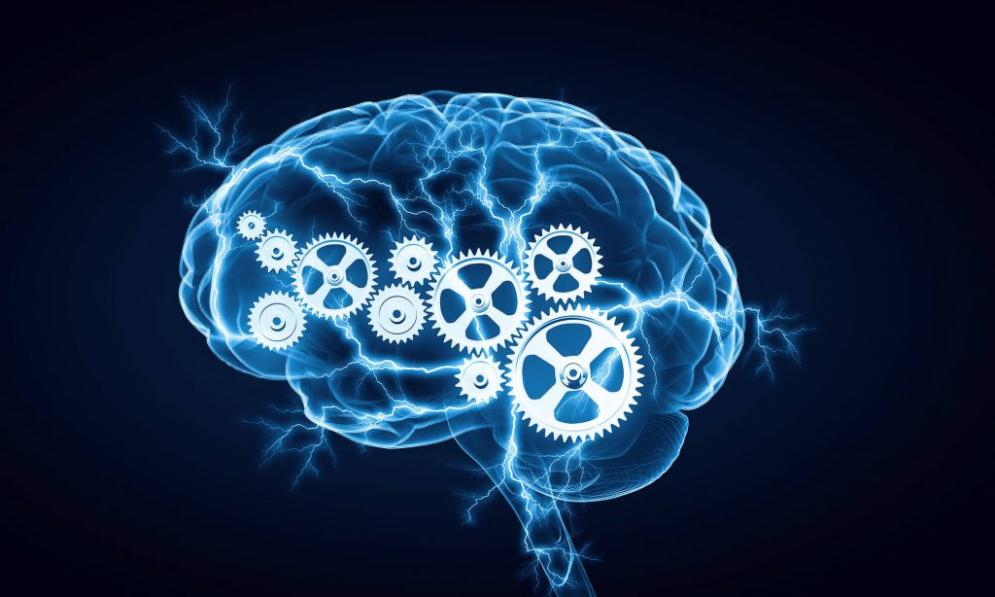Delving into the Realm of Brain Plasticity: How Neuroscience Education Can Guide Us Towards Maximizing Cognitive Potential?
The human brain is a remarkable organ capable of adapting and changing throughout life. This phenomenon, known as brain plasticity, plays a crucial role in cognitive development and learning. Neuroscience education, a field that explores the relationship between the brain and learning, offers valuable insights into how we can harness brain plasticity to maximize cognitive potential.

Understanding Brain Plasticity:
The Concept Of Neuroplasticity:
Neuroplasticity refers to the brain's ability to reorganize itself by forming new neural connections throughout life. This remarkable capacity allows the brain to learn, adapt, and recover from injury.
Key Mechanisms Of Brain Plasticity:
- Neurogenesis: The birth of new neurons, particularly in the hippocampus, a brain region associated with memory and learning.
- Synaptogenesis: The formation of new synapses, or connections between neurons, which strengthens neural networks and facilitates communication.
- Synaptic Pruning: The elimination of weak or unused synapses, which refines neural circuits and enhances efficiency.
Neuroscience Education: A Guiding Force:
Importance Of Neuroscience Education:
Neuroscience education plays a vital role in promoting a deeper understanding of brain plasticity and its implications for learning and development. By shedding light on the biological mechanisms underlying learning, neuroscience education empowers individuals to optimize their learning strategies and maximize their cognitive potential.
Optimizing Learning Strategies:
- Neuroscience education can help individuals identify their preferred learning styles and adapt their study techniques accordingly.
- It can provide insights into the importance of spaced repetition, active learning, and elaborative encoding for effective memory consolidation.
Practical Applications Of Neuroscience Education:
Enhancing Learning Outcomes:
- Neuroscience education can be integrated into various educational settings to improve learning outcomes.
- Educators can design lessons that align with the brain's natural learning mechanisms, such as incorporating multisensory experiences and providing opportunities for active engagement.
Interventions For Learning Difficulties:
- Neuroscience education can inform the development of effective interventions for individuals with learning difficulties.
- By understanding the underlying neurological factors contributing to learning challenges, educators and therapists can tailor interventions to target specific areas of difficulty.
Maximizing Cognitive Potential:
Strategies And Techniques:
- Neuroscience research has identified strategies that can be used to maximize cognitive potential, such as:
- Engaging in regular physical activity, which promotes neurogenesis and enhances cognitive function.
- Adopting a healthy diet rich in nutrients that support brain health, such as omega-3 fatty acids and antioxidants.
- Practicing mindfulness and meditation, which can reduce stress and improve focus and attention.
Creating A Stimulating Learning Environment:
- Creating a stimulating and supportive learning environment is essential for maximizing cognitive potential.
- This includes providing opportunities for hands-on experiences, encouraging curiosity and exploration, and fostering a growth mindset that values effort and perseverance.
Overcoming Challenges And Future Directions:
Challenges In Implementation:
- One challenge in implementing neuroscience education is the need for specialized training for educators.
- Additionally, integrating neuroscience principles into existing curricula may require adjustments to teaching practices and resources.
Future Research And Trends:
- Ongoing research in neuroscience is不断地 deepening our understanding of brain plasticity and its implications for learning.
- Emerging trends include the use of neuroimaging techniques to study brain activity during learning and the development of personalized learning interventions based on individual brain profiles.

Neuroscience education holds immense promise for revolutionizing the way we approach learning and development. By harnessing the power of brain plasticity, we can unlock the full potential of the human mind and create a future where every individual has the opportunity to thrive and excel.
As the field of neuroscience education continues to evolve, we can expect to see even more innovative and effective ways to maximize cognitive potential and transform the lives of learners everywhere.

YesNo

Leave a Reply